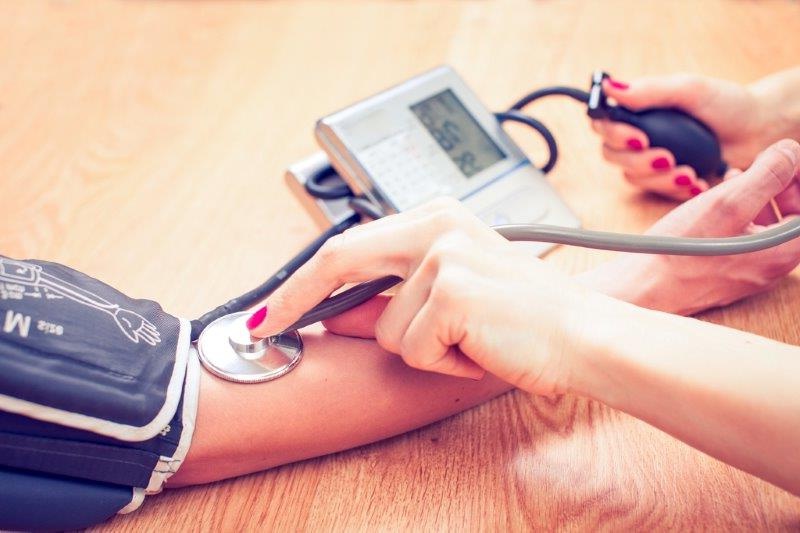-
Many Aussies will need to get their wisdom teeth out at some point during their lives. But what exactly is involved, and how does your private health insurance cover you for the procedure? Read on to find out more.
Firstly, why do we need to remove our wisdom teeth?
Some people will have wisdom teeth that grow and fit comfortably in their mouth, while others may encounter issues. The most common reasons people need their wisdom teeth out include:
- Impacted wisdom teeth: This is when wisdom teeth do not have enough room to either break through or can only partially break through gums as they are positioned up against another tooth, gums or bone.
- Tooth decay and gum infection: When wisdom teeth are impacted, they can be difficult to clean. This can result in food and bacteria getting stuck in hard-to-reach areas around the teeth, placing you at risk of decay and gum infection.
- Pain: When wisdom teeth emerge, they can cause pain in the mouth. This pain could be from wisdom teeth pressing against other teeth, swelling, mouth ulcers or inflammation of the gums
MORE: Learn more about how often you should get your teeth professionally cleaned
Getting your wisdom teeth out
Your dentist will determine whether you need your wisdom teeth removed, usually by assessing an x-ray. It may be that all four teeth need to be removed, or just one or two.
If you decide to go ahead with the procedure, depending on the complexity of removing the wisdom teeth, they can either be extracted at the dentist using a local anesthetic, or in hospital under a general anesthetic. Your specialist will be able to advise on the most suitable option for you.
MORE: Top questions to ask your dentist before having a tooth extraction
Recovering from the procedure
While recovery time will vary from person to person, you should feel back to normal within a week. Your dentist or surgeon will discuss aftercare treatment with you, but some general rules to follow include:
- If required, take pain-relieving medication such as paracetamol for the first few days, as advised by your dentist or other oral health professional
- Eat soft foods that require little-to-no chewing and are easy to swallow for a few days after the procedure
- Once it has been 24 hours since your surgery, rinse your mouth out with warm salty water after meals.
Getting your wisdom teeth out

-
Am I just worried, or is it anxiety?
Understand what’s healthy when it comes to feeling anxious.
-
Where to get health support in Australia
An Overseas Student Health Cover member’s guide to key health services and when to use them.
-
How can Australian pharmacies help you?
What can you buy at a pharmacy? Do you need a prescription? Can pharmacists identify health conditions? Everything international students need to know about pharmacies in Australia.
-
How to prevent type 2 diabetes with diet
Diet plays an important role in the prevention and management of type 2 diabetes. Here’s what you should and shouldn’t eat.
-
High blood pressure: how health cover can help
Put your health cover to use
-
Why you should get the 2023 flu vaccine
More than three years on from the start of the COVID-19 pandemic, getting a flu jab this winter is even more important. Here’s why.
Subscribe to receive the best from Live Better every week. Healthy recipes, exercise tips and activities, offers and promotions – everything to help you eat, move and feel better.
By clicking sign up I understand and agree to Medibank's privacy policy






